Like many people, companies use social media networks such as blogs, Twitter and Facebook in their internal communication, and both the company and its employees can follow company announcements, developments in the sector, current issues and social media agenda in this environment. In particular, it should be kept in mind that sharing the company’s projects, financial information, designs and presentations may violate the confidentiality of company secrets. Including defamatory, slanderous and misleading elements in advertisements for similar products and services or the persons, businesses and companies that produce and offer them may damage professional and commercial reputation.
The following ways can be used to prevent these violations. Namely;
LEGAL PROTECTION IN SOCIAL MEDIA VIOLATION
- Protection of Personal Rights Against Non-Consensual Attacks;
Comments, insults, etc. made on Facebook and other social media channels. subject of non-consensual attack. The legal protections that your company, as a legal entity, should apply against these violations are given below.
PROTECTION OF PERSONALITY ACCORDING TO LAW NO 5651
Law No. 5651 was enacted in order to regulate the principles and procedures regarding the regulation of broadcasts on the internet and social media, and the fight against certain crimes committed on the internet through content, location and access providers.
a. Unpublishing Content
With the amendment made with the Law No. 6518 for publications and shares on the internet and social media, the content provider will be asked to remove the content from the broadcast or, if it cannot be reached, from the hosting provider by warning method. Although the requests for the takedown of the content must be met primarily by the content provider, when it is considered that reaching them is often difficult, the addressees of these requests are the hosting providers. As a rule, it is not possible for hosting providers to remove content that causes a violation of personality rights. However, although doing this is against the provisions of the contract and therefore against the law due to the content they contain, it becomes lawful for the content to be removed from the broadcast with the authorization they receive from the law. The point to be considered here is that while the hosting providers use the authority they receive from the law, they remain within the limits of the authority. As a matter of fact, if the authority is violated, TCK.244. As they will commit the crime of blocking, disrupting, destroying or changing information systems, criminal responsibilities and legal responsibilities may come to the fore.
b. Access Blocking
Article 9 of Law No. 5651 provides the opportunity to take a decision to block access by applying directly to the Criminal Court of Peace against violations of personal rights in social media and the internet. Those who can make the said application are natural or legal persons, institutions and organizations claiming that their rights have been violated due to the content. The judge will decide on this application within twenty-four hours without holding a hearing, and an objection can be made against this decision as per the CMK. Following the finalization of the decision, the decision will be sent directly to the Access Providers Association and from the union to the access provider, and the access provider will fulfill the decision within four hours at the latest.
How to Make a Complaint to the Prosecutor’s Office in Cyber Crimes?
If the crime in question is a crime related to the complaint, the complaint process will be brought to the agenda. For the complaint, a criminal complaint should be made to the Public Prosecutor’s Office or to the IT crimes bureaus of the Police units. Apart from this, if it is not a crime subject to complaint, even if there is a low probability, the Public Prosecutor’s Office may have already taken action ex officio.
The wisest thing to do in this situation is to take screenshots of the chat (with the date also visible), as well as the account holder’s identification details. After taking screenshots, it is possible to write a petition to the prosecutor’s office in our location and put the screenshots in its attachment.
Evidence regarding criminal acts in cybercrimes should be collected and documented without allowing them to be obscured. As a result, criminal data can be a data and it is possible to change and delete this data easily.
For this reason, the process should be carried out as quickly as possible. In these cases, since the Public Prosecutor’s Office is the competent authority in collecting evidence and in the investigation process, it would be in the best interest of the victim to file a criminal complaint directly with the prosecutor’s office. Otherwise, memorandums containing certain procedures will be written and communicated from the police units to the prosecutor’s office in order to start the investigation, and therefore it will take a longer time to start the investigation process.
ACTIONS TO BE FILED FOR VIOLATIONS OF PERSONAL RIGHTS IN SOCIAL MEDIA
Lawsuits to be Filed in the Protection System in Private Law
Cases that can be filed within the scope of the protection system in private law in case of an attack on personal rights, TMK. 25. TBK with the article. 58. It is stated in the article. According to these provisions, lawsuits to be filed in violation of personal rights are organized in two categories. In the first category, stopping the violation of personal rights, preventing future attacks or detecting illegality; In the second category, it is seen that the aim is to eliminate the material and moral damage that occurred after the attack.
Protective Cases:
a. Attack Prevention Case
In cases where there are some actions and indications that an attack will take place in the near future, or that an attack has taken place, it will continue, a lawsuit can be filed for the prevention of the attack. For example, in cases such as an announcement on social media on a subject related to a person’s private life, in the form of an advertisement, in broadcasts a few days ago, the defendant is obliged to “not do” with the action to prevent an attack. The threat of attack to be sought here is a serious and imminent threat of attack, and this is at the discretion of the judge.
In practice, it is seen that the cases of preventing the attack and stopping the attack are filed deliberately, considering the possibility that the threat of attack will turn into a real attack. The Court of Cassation reversed the decision of the local court to reject the request for the determination of unlawfulness and prevention of the attack, on the grounds that it cannot be requested by the local court to prevent the actions that require criminal responsibility through injunction, in a lawsuit filed due to e-mail, mobile phone message and verbal attack on personal rights.
b. Case for Cessation of the Attack
The case to be filed for the elimination of the violation of personal rights is the case of stopping the attack. The objective of the lawsuit for stopping the attack is to end the ongoing unlawful situation, and the condition of fault and damage is not sought. Therefore, if the lawsuit is over and has not started yet, the lawsuit for the suspension of the attack cannot be filed. With the decision to be given in the case of suspension, the unlawful situation will be eliminated, that is, it will be decided to eliminate the attack and not to attack again.
c. Case for Detection of Unlawfulness
One of the lawsuits to be filed in order to be protected from violations of personal rights is the lawsuit for determination of illegality. A lawsuit for the determination of unlawfulness can be filed in order to determine the existence of an attack or the possibility of an attack, together with the situations in which the attack on the personal right took place or the effect continues despite its termination.
In order to file a lawsuit for the detection of a violation of personal rights in social media, the person must not be able to provide the legal protection they want with one of the other types of lawsuits.
D. Right of Correction and Reply
The right of rectification and reply is counted among the fundamental rights and freedoms in Article 32 of the Constitution, and it is regulated that it can be used in cases where people make false publications about themselves. Explanations regarding the non-authenticity of publications that violate personal rights; The explanations regarding the correction of the untrue elements in the publications are defined as correction. For these reasons, it is more appropriate to accept that the right of rectification and reply is a unique legal institution that protects the personality, apart from protective and compensation cases.
Compensation Lawsuits;
- Material Indemnity Case
In case of proof of the existence of the elements sought for financial compensation, since losses such as loss of customers, loss of company shares, decrease in circulation, decrease in sales, loss of business may occur due to broadcasts or shares on the personal rights in environments such as the internet and social media, e-mails sent and attacks. damage must be compensated . The Court of Cassation decided that the request for pecuniary compensation should be accepted in a lawsuit filed with the allegation of assault on personal rights.
- Moral Compensation Case
It was not a penalty, nor did it aim to compensate for the damage related to the property law. The amount to be appreciated should be as much as is necessary to achieve the effect of the “satisfaction” feeling desired to be obtained in the current situation. In the plaintiff’s lawsuit petition, under the photographs of his client published on social media, a posting note on the defendant’s facebook address was written: “Well, there is indifference in the nation. It was decided that the case be partially accepted due to the fact that he made statements such as “They are in love with the infidels” and that he received many insulting and threatening messages due to the lynching campaign through the fan community, that he had to close his social media account, and that therefore his personal rights were damaged in the past and future. It was decided that the non-pecuniary damage of TL ….. be given to the plaintiff.
As can be seen, everyone should be very careful about social media shares and it is useful to know that some shares can have serious consequences.
Aline Mulino / Lawyer
K&P Legal Law Firm


